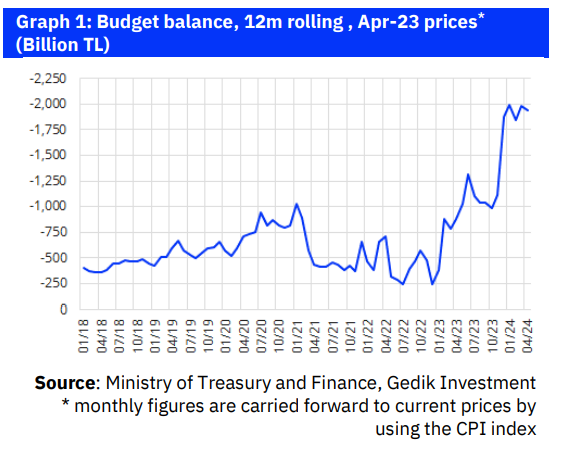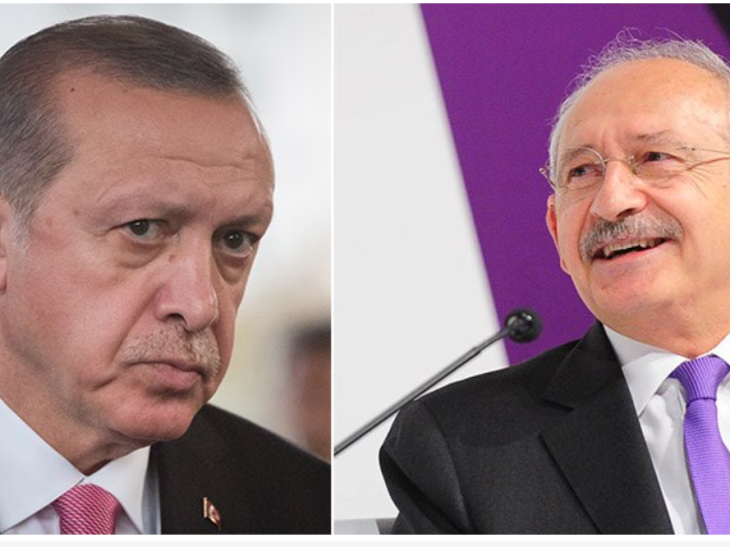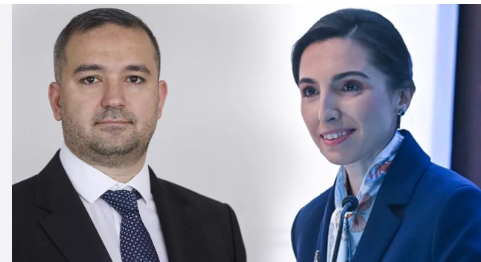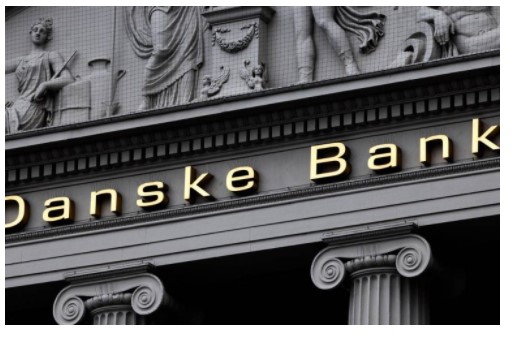I read on the Hürriyet newspaper’s website that the ruling Justice and Development Party (AKP) is working on a new communication strategy.
To be honest, when I heard the term “communication strategy,” I briefly wondered if President Tayyip Erdoğan and the AKP officials had finally decided to change their view of the media.
Would the doors of the Presidency and the AKP now be open to journalists who ask critical questions? Would the Presidential Communication Directorate’s accreditation system finally include media organizations which are not aligned with the AKP?
Would journalists who write or speak critically be able to work freely, without fearing ostracism by politicians, job loss, or even imprisonment?
The fake celebrities on screens
Could Erdoğan have finally realized that the current exclusionary media strategy contributed to the AKP’s loss of votes? For years, they used media ownership as a communication weapon, creating a media halo around them with many lacking serious journalism backgrounds. Channels and newspapers, all running at a loss but sustained by advertising funds from public banks and companies, constantly attacked opposition parties. This worked until 2019 but clearly no longer does.
How did the media strategy change?
Erdoğan began following a different media and communication strategy years ago. It was 2008 onwards, when the Deniz Feneri corruption case in Germany started being reported in Turkey.
This was also the year when the corruption files debate, led by Kemal Kılıçdaroğlu, then CHP Parliamentary Group Deputy Chairman, against AKP Deputy Chairman Dengir Mir Mehmet Fırat, was broadcast on television.
Having survived the presidential election crisis the previous year, the AKP, which aimed to change the “established order” in Turkey from the Turkish Armed Forces to universities, judiciary, and media through the Ergenekon investigations conducted by Fethullahist police, prosecutors, and judges, would not allow its governance to be questioned on television any longer.
Seizing media ownership
Erdoğan developed two counter-measures for this:
[embed]https://www.youtube.com/watch?v=VVS-DkJpMmQ&t=99s[/embed]
The change in media ownership, which began in 2007 with Ahmet Çalık’s purchase of Sabah newspaper, was systematically implemented.
Erdoğan’s son-in-law Berat Albayrak was the CEO of Çalık Holding and it bought Sabah newspaper in a public auction with public banks Halkbank and Vakıfbank loans.
The content transformation in political communication began at the end of 2008 with the appointment of Erdal Şafak as Editor-in-Chief, replacing Fatih Altaylı. The ten-year transformation process was completed in 2018 with the transfer of the Doğan Group to the Demirören Group under financial and political pressures on Aydın Doğan, again with loans from a public bank, Ziraat Bank, which are still unpaid.
Meanwhile, Sabah also moved under Serhat Albayrak’s management to Kalyon Holding.
Secondly, Erdoğan prohibited AKP executives and MPs from participating in debate programs with opposition counterparts on TV. They were unable to respond effectively and made mistakes. Consequently, TV channels, now owned by business groups loyal to the government due to their commercial expectations, were filled with fake celebrities and defectors who made statements on behalf of the AKP, engaging in polemics with opposition MPs, producing negative communication with their extreme loyalty.
New communication strategy
This communication strategy had two outcomes:
[embed]https://www.youtube.com/watch?v=qONMNq4Vj7w&t=40s[/embed]
It struck a blow to media pluralism. Now, even the statements made by the President on his plane to carefully selected journalists were published only after being vetted by the Communication Directorate.
The pro-government media is ineffective, but the government fills the gap by using the state broadcaster TRT, which operates with the taxes of all citizens, as a propaganda tool.
In the presidential system of government, where the power of Parliament has already diminished, AKP MPs have been reduced to just raising and lowering their hands in votes.
Except for small provinces, AKP voters cannot reach their MPs or the President outside of rallies.
Ertuğrul Özkök reduced the matter to suggesting a “less oppositional” list of names to Erdoğan for journalists on the plane, but the issue is truly beyond receiving an invitation to the plane.
Creating an environment where any question can be asked to Erdoğan and his cabinet appears to be outside this “new” communication strategy for now.
Excerpt only, click the link to read the entire article
Follow our English language YouTube videos @ REAL TURKEY:
https://www.youtube.com/channel/UCKpFJB4GFiNkhmpVZQ_d9Rg
And content at Twitter: @AtillaEng
Facebook: Real Turkey Channel:
https://www.facebook.com/realturkeychannel/
 akp1
akp1





